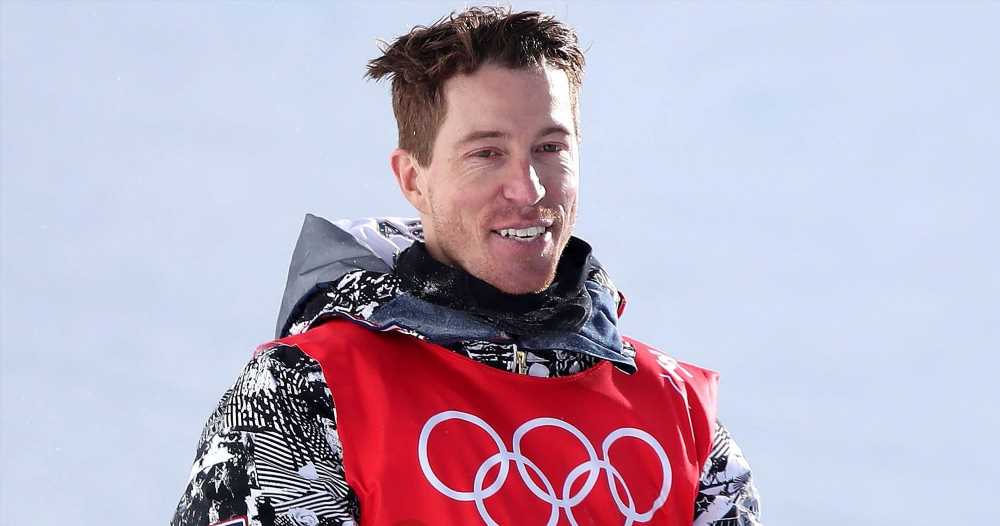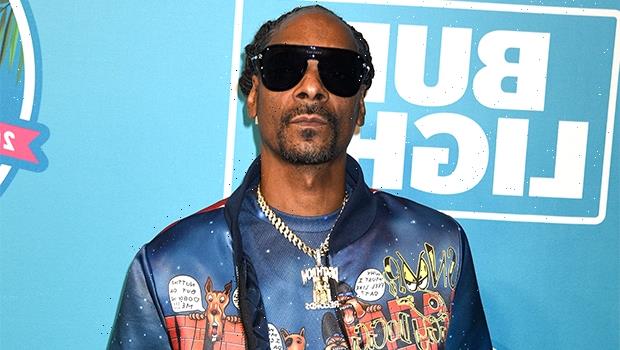Spoiler alert: The following post discusses important plot points and the ending of Roland Emmerich's new disaster movie “Moonfall,” so beware if you haven’t seen it yet.
“That’s no moon. It’s a space station.”
That famous Obi-Wan Kenobi line describing the Death Star in the original “Star Wars” is also apropos when talking about our own lunar neighbor in Roland Emmerich’s new sci-fi disaster film “Moonfall” (in theaters now). As it turns out, the moon isn’t a natural body but an artificial megastructure sent here billions of years ago by our ancestors to colonize a new world.
While you pick your jaw up off the floor and place your brains back in your head, here’s how that all goes down: In “Moonfall,” a “swarm” of antagonistic nanotechnology hijacks the what-we-thought-was-real-but-is-actually-fake moon and takes the moon out of orbit, sending it on a collision course with Earth. Conspiracy theorist KC (John Bradley) is the first to figure out this potentially disastrous situation, it's revealed that NASA has known the moon was artificial since the 1969 moon landing, and KC and a pair of NASA astronauts, Brian (Patrick Wilson) and Jo (Halle Berry), travel to the oncoming moon to save the world.
What to watch this weekend: Halle Berry in 'Moonfall,' crazy shenanigans in 'Jackass Forever'
And when they explore the interior of the moon, they learn the truth: A long, long time ago in a galaxy far, far away, our ancestors had a bustling civilization until the artificial intelligence they created rose up against them. With their world doomed, they sent a bunch of megastructures with human DNA into space to find habitable worlds for humanity to continue; what would ultimately become our moon was the only one that found a new home for mankind.
The “Moonfall” ending was “a little bit born out of an idea that maybe there was already something very Earth-like” in space with human DNA, says Emmerich, who directed and co-wrote the film. The concept of ancestors “was just always a bit in the back of my mind and then this movie allowed me to tell that story.”
The 10 most must-see movies of 2022: From 'The Batman' to 'Top Gun: Maverick'
It also gave rise to a more plausible sort of alien-invasion narrative than the usual sci-fi epic, says Mika McKinnon, a geophysicist and disaster researcher who worked on the film.
“You're dealing with distances that are so vast that there's no resource so scarce that it is worth traveling between solar systems to attack," she says. “The universe is very, very big and has a whole lot of planets and stars and everything else. The idea that we are the only life forms is just ludicrous. There's not a chance of that.
"Just statistically speaking, there's more planets in the sky than grains of sand on Earth. Are you really seriously telling me that Earth is that special? That's a little bit absurd. That's some serious ego right there.”
She liked the idea of humans billions of years ago harnessing a star as “the engine and the heat and the power source” of this megastructure moon, and also the fact that “if we did want to travel between stars, the only real way to be able to do it is to have generational shifts. You're not going to be able to do it in one lifespan. It has to be a long-term effort inside a self-contained situation.”
Halle Berry puts marriage rumors to rest: She was 'just having some fun' with Van Hunt in her viral post
Plus, since the cosmos post-Big Bang has cooled as it has expanded in size, “that means there was a brief period of time where the entire universe was room temperature. Were there places to have liquid water at one point in time?” McKinnon adds. “That seems like a really good point to have an explosion of life going on.”
Emmerich also views “Moonfall” as a cautionary tale about technology: The ancestors “in a very peaceful way created these enormous rings and expanded into space,” he says, and all of a sudden, artificial intelligence rises and destroys everything. That is the danger we have too.”
With modern-day AI that’s been developed and is “unregulated,” the filmmaker adds, “somebody has to get some rules going here. Because if you give that too much power, one day this will happen to us.”
'I've got my winds and I can fly': Michael Strahan lands safely after Blue Origin space flight
This article originally appeared on USA TODAY: 'Moonfall' spoilers: Roland Emmerich explains that mind-blowing ending
Source: Read Full Article




